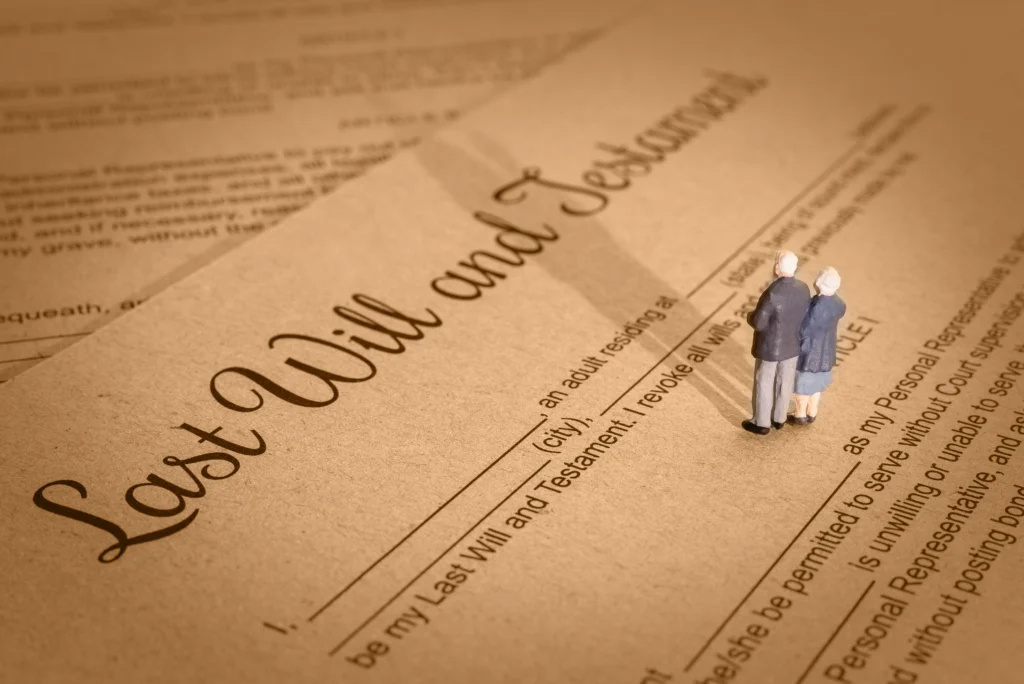Guardianship
Protecting Loved Ones Who Can't Protect Themselves

By Daniel Khaldarov
As we plan for the future, one aspect we often overlook is what happens when a loved one becomes unable to care for themselves. Whether due to age, disability, or illness, someone may reach a point where they can no longer make decisions about their health, finances, or personal well-being. In these cases, establishing legal guardianship can provide the necessary protection and support.
What is Guardianship?
Guardianship is a legal arrangement where a court appoints a responsible individual—called a guardian—to care for and make decisions on behalf of someone who is incapacitated or unable to manage their own affairs. This person is often referred to as the ward. Guardianship can cover a variety of responsibilities, including healthcare decisions, managing finances, and ensuring the overall welfare of the ward.
The need for guardianship often arises in cases involving:
- Elderly individuals suffering from dementia or Alzheimer’s.
- Children whose parents are no longer able to care for them.
- Adults with intellectual or developmental disabilities.
- Individuals who become incapacitated due to illness or accidents.
Types of Guardianship
There are several types of guardianship, depending on the needs of the ward and the scope of authority the guardian will have.
Guardianship of the Person: The guardian is responsible for the ward’s personal needs, including healthcare, living arrangements, and ensuring they are cared for in a safe and appropriate environment.
Guardianship of the Estate: In this type of guardianship, the guardian manages the ward’s financial matters, including paying bills, managing property, and handling investments.
Limited Guardianship: A court may determine that the ward can still make some decisions independently. In these cases, a limited guardianship gives the guardian authority only over certain aspects of the ward’s life, such as financial management or healthcare decisions, while allowing the ward to retain control over others.
Temporary or Emergency Guardianship: This is often appointed when there is an urgent need to protect the ward from immediate harm. Temporary guardianships are usually short-term and are meant to address urgent situations until a more permanent solution can be found.
Plenary Guardianship: This is the most comprehensive form of guardianship, where the guardian has full control over both the person and estate of the ward. It is typically used when the ward is entirely unable to make decisions for themselves.
How is Guardianship Established?
Establishing guardianship requires filing a petition with the court, which will evaluate whether the individual truly needs a guardian. The court will review medical reports, the individual’s ability to manage personal affairs, and testimonies from family members or other involved parties. The court’s primary concern is to ensure that guardianship is in the best interest of the ward.
Once the petition is filed, there is usually a hearing where the court will determine the extent of the person’s incapacity and whether the proposed guardian is suitable for the role.
Why Guardianship is Important
Guardianship provides a crucial safety net for individuals who cannot make decisions for themselves. Without it, an incapacitated person might struggle to receive proper healthcare, manage their finances, or live in a safe environment. For parents of children with disabilities, guardianship can ensure that their children are cared for and protected throughout their lives, even after the parents are no longer able to do so.
For elderly individuals, guardianship can prevent exploitation or neglect, offering peace of mind to family members who may not be able to provide full-time care.
Alternatives to Guardianship
In some cases, less restrictive options can be explored before resorting to guardianship. These include:
Durable Power of Attorney: A durable power of attorney allows someone to make financial decisions on behalf of the person, but it does not require court intervention and can be more flexible than guardianship.
Trusts: Particularly for financial management, a trust can allow for assets to be managed without the need for a court-appointed guardian.
Health Care Proxy: A health care proxy allows an individual to appoint someone to make healthcare decisions on their behalf if they become incapacitated, again without the need for a guardianship proceeding.
Plan Ahead or Receive Help Now
Guardianship is an essential legal tool to protect those who cannot protect themselves. Whether for an elderly family member, a child with special needs, or an incapacitated adult, guardianship provides a framework for ensuring their well-being, safety, and financial security.
However, it’s not always the only option. For many families, planning ahead with tools like powers of attorney, health care proxies, and trusts can prevent the need for guardianship and offer more autonomy and flexibility. It’s always a good idea to consult with an experienced estate planning or elder law attorney to explore all available options.
If you need help navigating the legal process for guardianship of a loved one, feel free to reach out to discuss how I can assist you in ensuring their safety and security.




